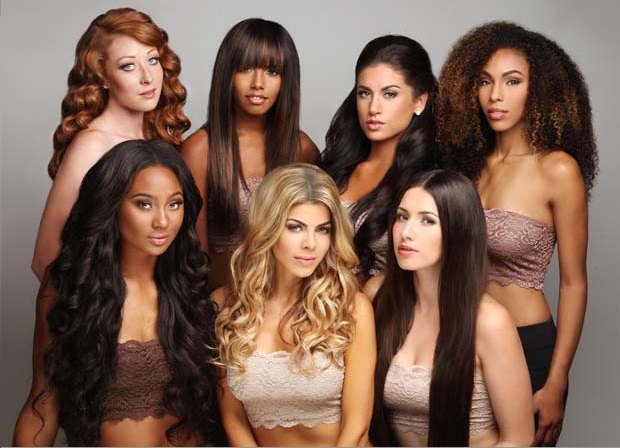Black Hair: Korean Industry

It was not too long ago that black hair products could only be found in particular neighborhoods. I remember a time when weaves and wigs were generally silky and straight, but when you think about the modern day weave or wig the options are endless. These days artificial hair can emulate anything, from an Afro to locs to big curly hair. The hair industry has evolved over the years, and you really can find whatever your heart desires. I for one have gone down a social media rabbit hole of before-and-after hair transformations because the possibilities are endless. Nielsen’s report on black consumer behavior found that black people account for 85.65% of the $63.5 million that was spent on ethnic hair and beauty aids last year- that’s a whopping $54.5 million. As a black consumer I do not find this to be particularly surprising, but it is absolutely noteworthy. It is especially remarkable when you consider that according to the U.S Census Bureau black people account for only 14% of the U.S population. If you want to talk about consumer power, this definitely seems like a place to start.
Black consumers dominate when it comes to spending on ethnic hair and beauty aids. Based on these numbers, we are influencers in the market. It is not just about the amount we are spending but additionally, we add what Nielsen describes as a “cool factor”. Black people tend to set trends that then attract mainstream consumers, as can be seen in findings by the marketing research company C+R Research. This might not be news to the black consumer, but it is yet another statement that deems us as influencers. All this said however, there are multiple factors that we as black consumers and influencers should consider. Last April Minnesota Public Radio (MPR) published an interview article featuring black entrepreneurs who are struggling to penetrate this multibillion-dollar industry. The article highlights issues that challenge black business owners who are trying to join the lucrative industry. With Korean Americans owning over 70% of the beauty supply stores in the entire country, it is an uphill battle for newcomers especially.
Koreans are not new to the hair industry. As a black business owner mentions in the MPR interview, Korean Americans saw the business opportunity as far back as the 80’s and 90’s when extension hairstyles were popular, and no one was interested in moving to black neighborhoods. While box-braids were trending, think Janet in Poetic Justice, as business owners on MPR explain, Korean Americans were building ethnic hair businesses that have become dynasties. According to their testimonies, some of the challenges faced by new business owners and old-timers alike include; language barriers, being denied supplies, high minimum order requirements, and other competitive restrictions. Fair or not, Korean Americans entered the game early and they used this advantage to build their communities by working together. All ethical practice and morals aside, one could argue that Korean Americans simply made a good business decision.
By supporting each other, Korean Americans have taken over the ethnic hair industry and black people have everything to do with it. Black people have a complex relationship with hair thanks to the lingering aftermath of slavery, racism, and colonialism. Conversations like good hair versus bad hair, or professional hair versus unprofessional hair have often been the subjects of passionate debate. Hair is important to us as is often expressed through our music and literature, our unique and intricate hairstyles, and clearly in the amount of money we spend on hair care. Even though we account for a whopping 85.65% of the total spending in this industry, that number does not mean much if black business owners are beings held back while Korean Americans build wealth with our dollars. What would it mean for black people to use our influence as consumers to build our businesses and communities? Our dollars and influence are supporting an industry that does not welcome us, and so I think it is safe to say that it is our responsibility to explore our options and figure out how we can use our consumer power to our advantage.
--D.N.